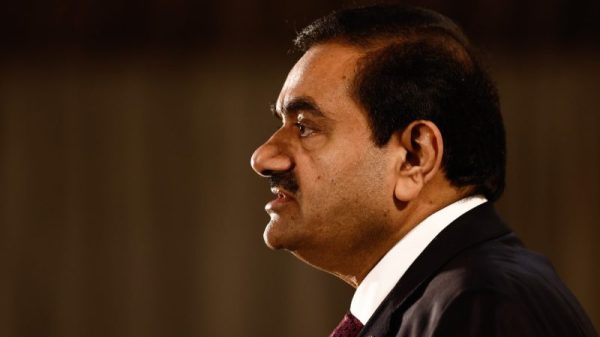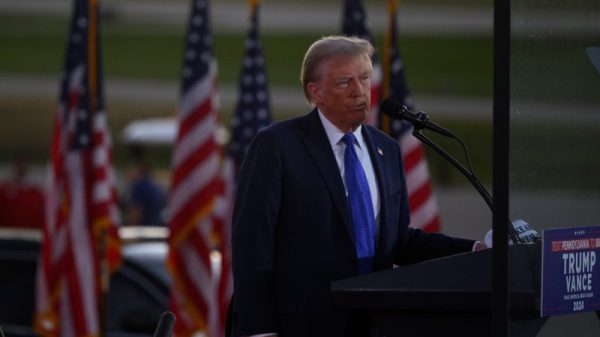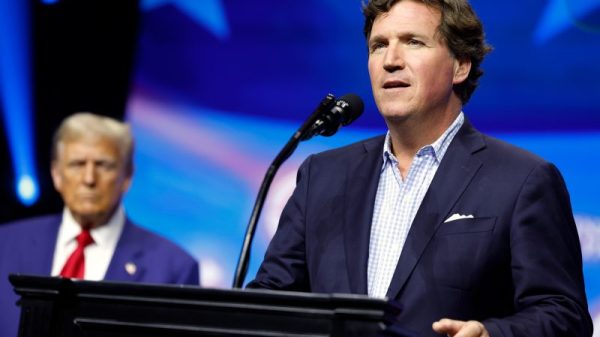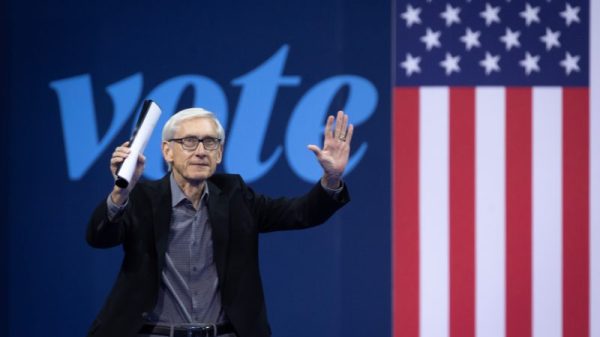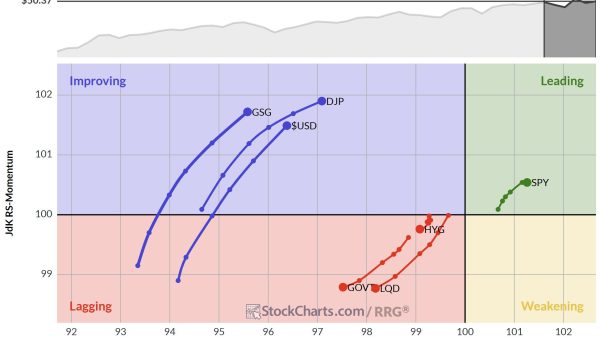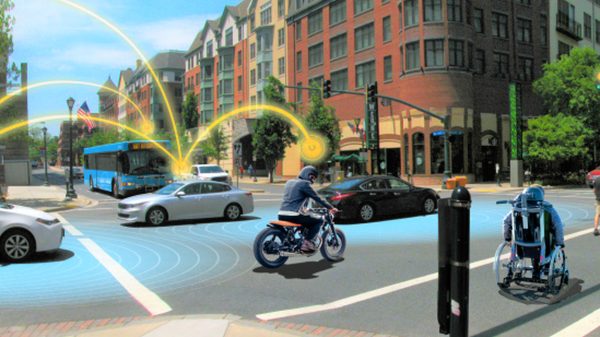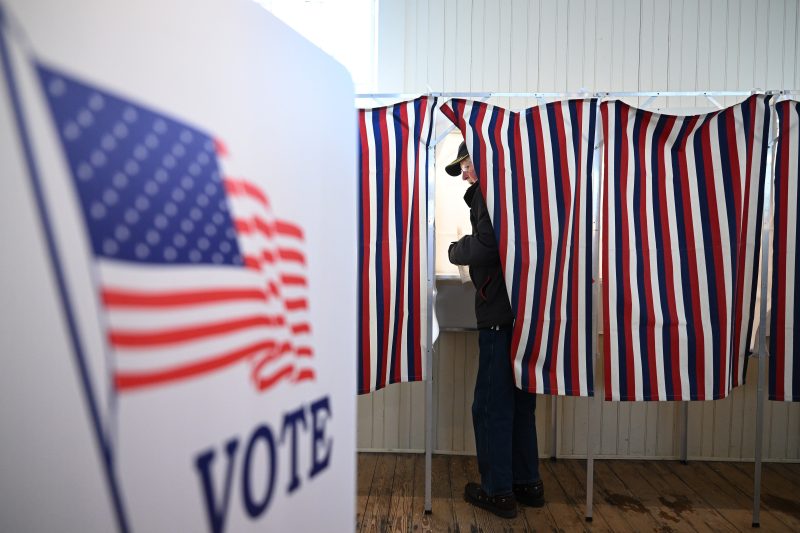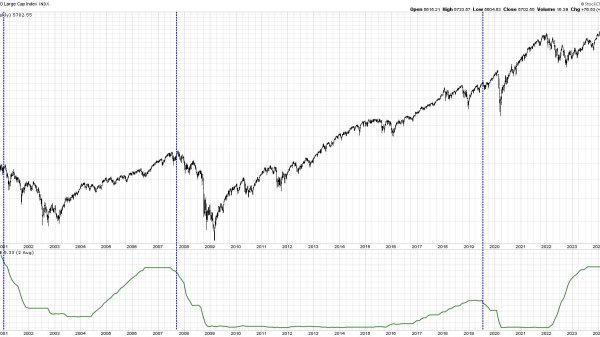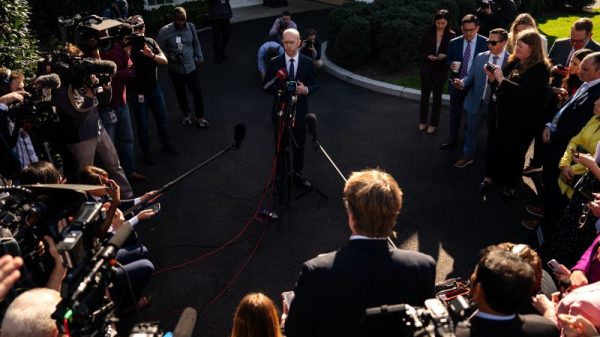
American presidential races, spectacles of democracy in action, can reach a conclusion that is anti-democratic.
Choosing presidents through the electoral college, a curious form of American exceptionalism, has resulted in presidential candidates who win the popular vote, only to lose the election because of often anonymous electors. Now, an alternative is gaining traction.
Before getting to the consequences of the current anti-majoritarian operation and a look at the alternative, here’s a quick reminder of the odd way Americans pick presidents.
The electoral college is “a process, not a place,” as described by the National Archives and Records Administration (NARA), which coordinates electoral college functions. Political parties in each state select electors. The winner of the popular vote in each state gets all the electors’ votes in 48 states and the District. Only Maine and Nebraska award electoral votes proportionally. The number of electors in each state equals the number of senators and representatives in the state. The District has three electors, despite having no senators or voting representatives in the House.
Five times in U.S. history, and twice since 2000, popular vote losers won the White House. Most recently that was to the joy of Republicans, but their victories had fatal consequences. George W. Bush won in 2000, and the victory later enabled him to authorize the Iraqi invasion, based on bogus information, which led to the deaths of more than 4,400 Americans and 32,000 U.S. military injuries. Estimates of Iraqi deaths approach a half-million.
Donald Trump’s 2016 electoral college win, despite losing the popular vote, was followed by his 2020 popular vote and electoral college defeats. He inspired the violent Jan. 6, 2021, attack on the U.S. Capitol by his insurrectionist supporters who sought to stop the process that made him a certified loser. Seven deaths were linked to the attack, according to a bipartisan Senate report.
“The current system presents a growing threat to the peaceful transition of power. It also strips us of our individual power,” said Robert Reich, a University of California at Berkeley public policy professor who was labor secretary during the Clinton administration. “If you’re a New York Republican or an Alabama Democrat, presidential candidates have little incentive to try and win your vote under the current system.”
He made those remarks in a video advocating the National Popular Vote Interstate Compact. Rather than engaging a long, cumbersome and difficult constitutional amendment process to eliminate the electoral college, the campaign seeks to significantly modify the process.
Unless blocked by the courts, the National Popular Vote would take effect when states with electoral votes totaling at least 270 — the number needed for victory — agree to participate. That’s just over half of all 538 votes. “Then, the presidential candidate receiving the most popular votes in all 50 states and DC will get all the electoral votes from all of the enacting states,” according to the campaign, ensuring majority will rules.
So far, 17 states and the District, with a combined 209 electoral votes, have approved the National Popular Vote. Minnesota Gov. Tim Walz, the Democratic vice-presidential candidate, signed legislation accepting the National Popular Vote for his state last year. The presidential campaigns of Vice President Kamala Harris, the Democratic nominee, and Trump did not respond to questions about the electoral college.
“I’m increasingly confident that we are watching the last election under the current system,” said Patrick Rosenstiel, a National Popular Vote senior consultant. “We can have a national popular vote election in 2028.” Maryland was the first state to join in 2007. The last was Maine in April.
Rosenstiel is optimistic about the 2028 timeline, because, he said, “the proposal has passed at least one legislative chamber in seven additional states with 74 electoral votes, more than the 61 electoral votes needed for the proposal to take effect.”
His optimism is bolstered by strong public support for a more democratic system that ensures the candidate with the most popular votes wins. Sixty-five percent of adults in a 2023 Pew Research Center survey favored that. Among the coming generation, 18 to 29 years old, that jumps to 70 percent. But there is a wide ideological and partisan split. Just 36 percent of conservatives and 47 percent of people identifying as Republican or GOP leaning want to change the current system. That compares with 88 percent of liberals and 82 percent of Democrats and Democratic-leaning people favoring changes.
The strong, overall favorable rating is driven by endemic problems with the electoral college. Its undemocratic conflict with majority rule has been demonstrated in the victories of John Quincy Adams in 1824, Rutherford B. Hayes in 1876 and Benjamin Harrison in 1888, who lost the popular vote before Bush and Trump followed.
Furthermore, the electoral college formula gives disproportional weight to some states and disadvantages others. That leads to presidential candidates concentrating heavily on the battleground states, while the rest get little attention.
As with so much in American, there also are historical and current racial implications. Noting the overwhelming 82.5 percent White population in sparsely populated Wyoming and the much more diverse 35.2 percent White population in heavily populated California, Reich said that “voters in Wyoming have four times more power than the typical voter in California.”
That phenomenon is not limited to those two states, said Wilfred U. Codrington III, a constitutional law professor and co-director of the Floersheimer Center for Constitutional Democracy at Cardozo School of Law in New York City. “What is clear,” he wrote in a Brennan Center for Justice article reprinted from the Atlantic, “is that more than two centuries after it was designed to empower southern whites, the Electoral College continues to do just that. The current system has a distinct, adverse impact on Black voters, diluting their political power. Because the concentration of Black people is highest in the South, their preferred presidential candidate is virtually assured to lose their home states’ electoral votes.”
An e-book by the right-wing Heritage Foundation places those arguments in its “myths and misinformation” category. Electoral college benefits listed by the think tank include preserving federalism, encouraging broad coalitions and moderation, discouraging voter fraud and promoting election legitimacy, though Trump didn’t find this last point persuasive.
Through the “genius and foresight” of the Constitution’s framers, Heritage wrote, “they designed an electoral system that has the ability to adapt to modern-day America and work even better than they could have anticipated.”
The Pew poll shows a strong majority of America disagrees.
Yet despite the overwhelming support for change, Aaron Scherb, senior legislative affairs director at Common Cause, a national pro-democracy organization that supports the compact, wasn’t as optimistic as Rosenstiel is about a new system during a telephone interview.
“It’s challenging to find the next tranche of states” that might adopt the National Popular Vote, he said. To get there, it might take “a Republican presidential candidate to lose the electoral college, but win the popular vote.”

